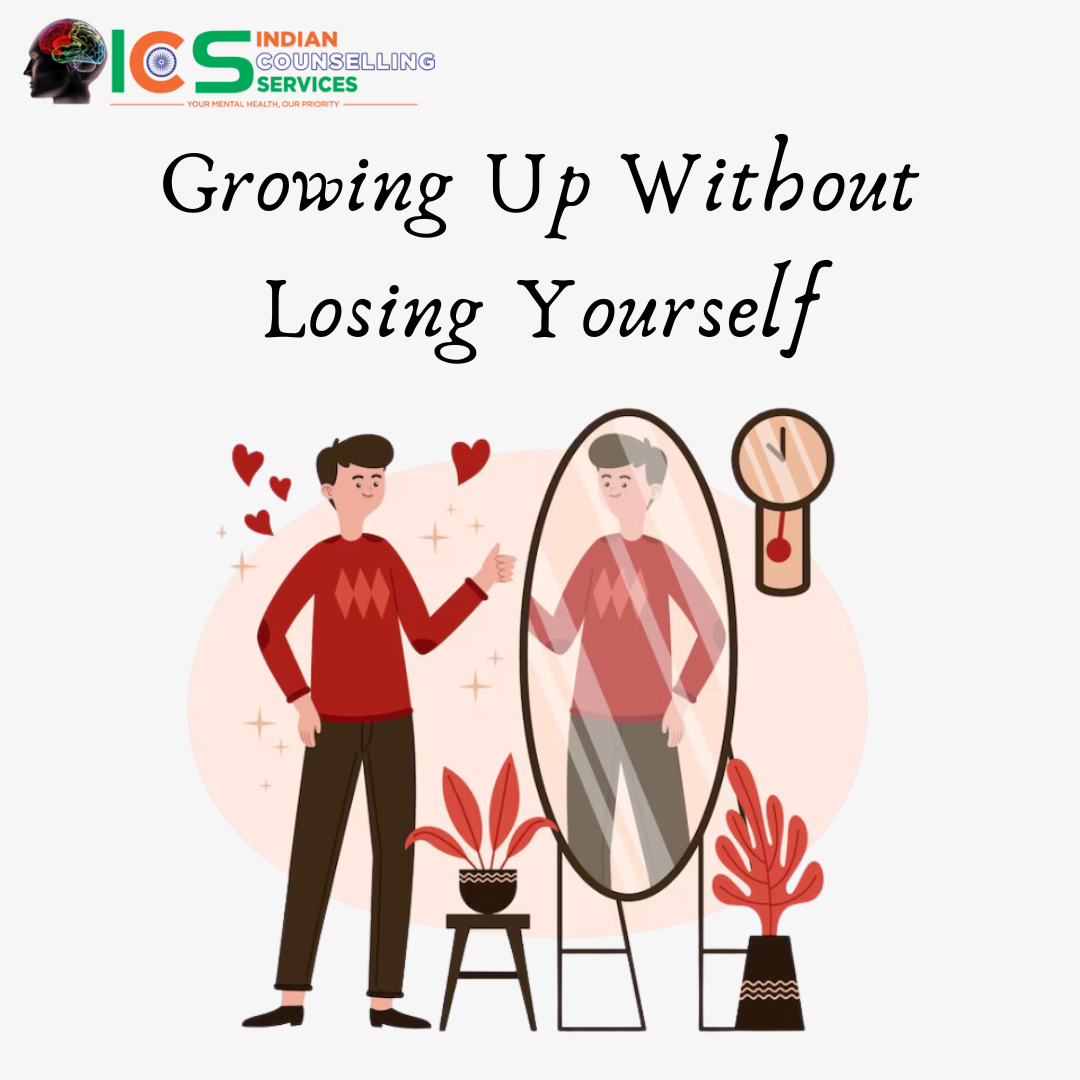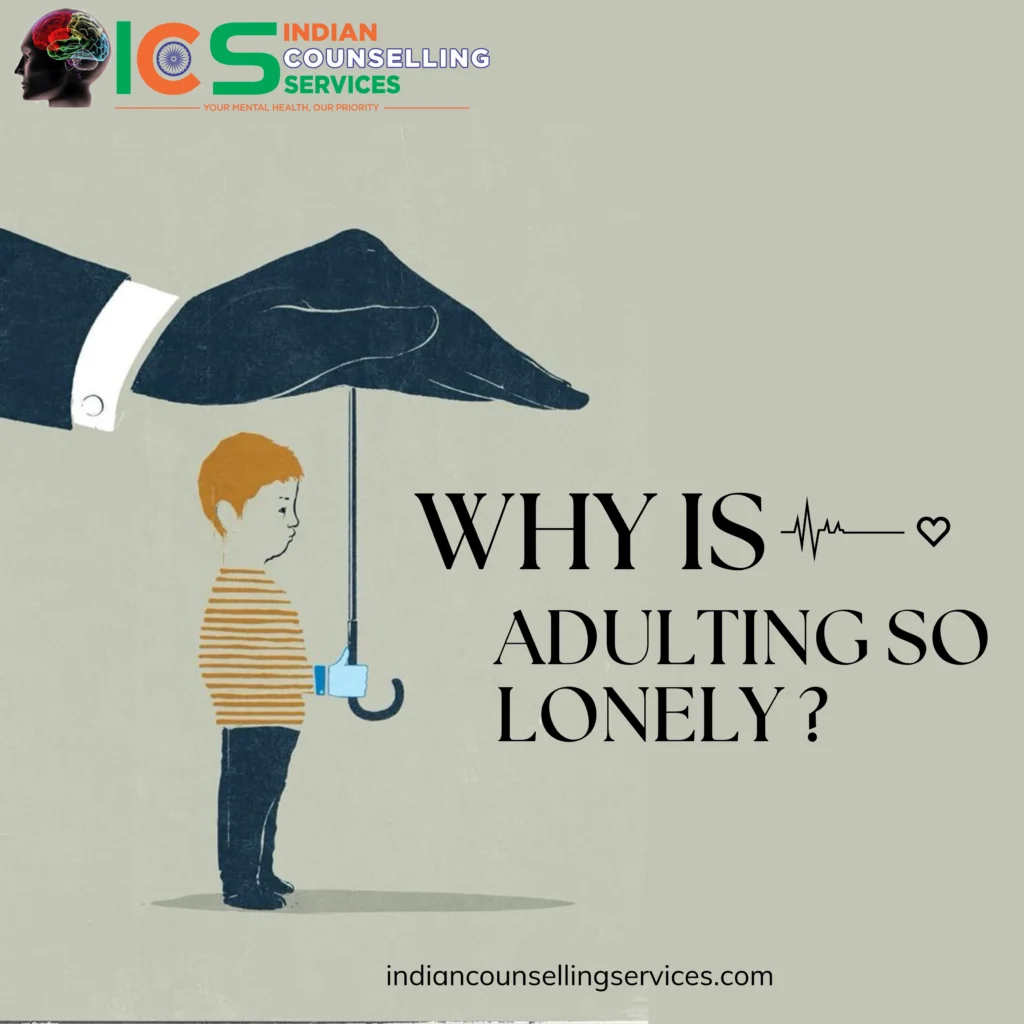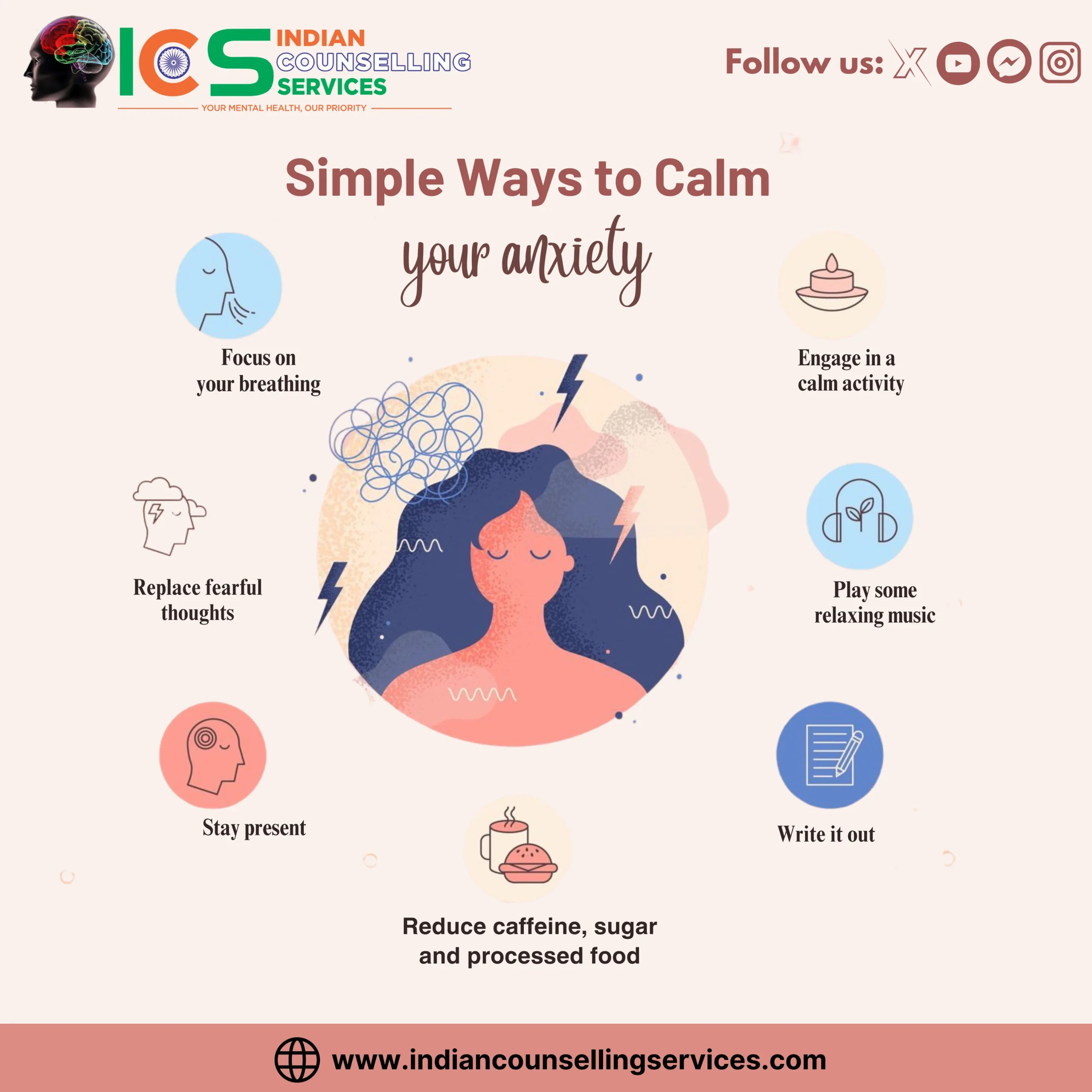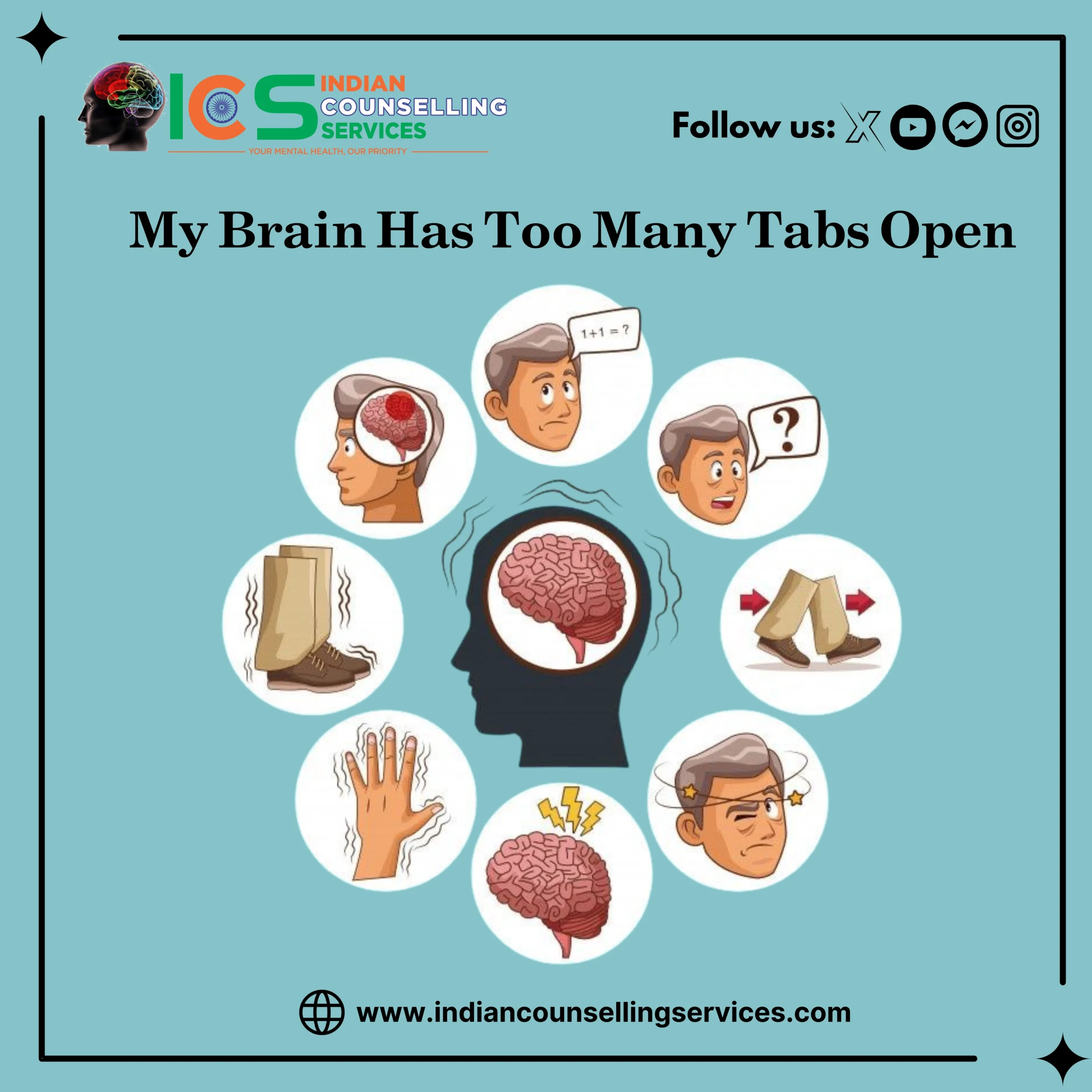
Adulting: A Guide to Growing Up Without Losing Yourself
Introduction: What Does “Adulting” Really Mean?
Adulting—a term that has gained traction over the past few years—describes the act of managing adult responsibilities, such as paying bills, maintaining a career, and taking care of day-to-day obligations. While these responsibilities are unavoidable as you transition into adulthood, there is often an underlying fear that, in the process of “growing up,” you might lose a part of yourself. This guide offers insights into navigating adult life without sacrificing the core of who you are. Growing Up Without Losing Yourself, From practical advice to emotional well-being, we’ll explore how to embrace adulthood while staying true to yourself Growing Up Without Losing Yourself.
Step 1: Embracing Change Without Compromising Your Identity
Transitioning into adulthood involves adapting to new roles and expectations, but it doesn’t mean letting go of your essence. While things around you change—whether it’s responsibilities or your social life—your values and sense of self can remain steadfast.
Identify Your Core Values
One of the best ways to stay grounded is by identifying your values. Ask yourself what principles drive your decisions and actions. Are you driven by creativity, compassion, or independence? Understanding your values allows you to make decisions that align with the essence of who you are, even as you take on new challenges.
Keep Your Passions Alive
With adulting comes a more structured schedule, often leaving little room for hobbies. However, staying connected to your passions—whether that’s painting, reading, or sports—is critical. These activities not only bring joy but also remind you of the person you were before life got more complicated. Even dedicating a small amount of time to these pursuits can help you maintain a sense of self.
Set Healthy Boundaries
Learning how to set boundaries is one of the most important adulting skills. Without them, it’s easy to become overwhelmed by work, social commitments, and personal responsibilities. Know when to say no and prioritize your well-being. Setting boundaries ensures that you maintain your mental and emotional health, making it easier to remain connected to your authentic self.

While maintaining your identity is important, the practicalities of adulthood are unavoidable. Managing these responsibilities efficiently can help you avoid stress and keep your focus on what matters to you.
Financial Planning Made Simple: Growing Up Without Losing Yourself
For many, managing finances is one of the most intimidating parts of adulthood. Start by creating a basic budget that tracks your income and expenses. Setting aside money for savings, bills, and leisure helps create a balance between enjoying life now and preparing for the future. Small steps, like automating bill payments or setting up a savings account, can go a long way in reducing financial stress.
Time Management is Essential With numerous obligations vying for your attention, effective time management becomes crucial. Use tools like calendars or task management apps to stay organized. Prioritize important tasks and break them down into smaller, manageable steps. Make sure to carve out time for yourself—whether for relaxation, exercise, or hobbies—so that life doesn’t become all about ticking off to-do lists.
Build a Strong Support System: Growing Up Without Losing Yourself
Adulting can feel overwhelming if you try to tackle everything alone. It’s important to build a support network that includes friends, family, or mentors who offer advice and encouragement. Leaning on others can make challenges more bearable and provide you with emotional support during difficult times.
Step 3: Prioritizing Mental and Emotional Well-Being: Growing Up Without Losing Yourself
Amidst the hustle and bustle of adulting, mental health often gets sidelined. Prioritizing emotional well-being is essential to avoid burnout and maintain a healthy balance.
Practice Mindfulness
Incorporating mindfulness into your routine helps you stay grounded in the present moment. Whether through meditation, deep breathing, or journaling, mindfulness practices can reduce stress and increase your emotional awareness. Growing Up Without Losing Yourself, A few minutes of mindfulness each day can have a lasting impact on your overall well-being.
Know the Signs of Burnout
As you take on more responsibilities, it’s important to recognize when you’re approaching burnout. Symptoms like constant exhaustion, irritability, or loss of motivation are signs that you may need to take a step back and recharge. Give yourself permission to rest when needed, as maintaining a sustainable pace is key to long-term well-being.
Regular Mental Health Check-ins
Just as you might schedule a physical health check-up, make time for regular mental health check-ins. Ask yourself how you’re feeling emotionally, whether you’re stressed, or if you’ve been neglecting self-care. By staying in tune with your mental state, you can make adjustments and seek help when necessary.
As an adult, relationships play a pivotal role in your life. However, maintaining them while balancing work, personal growth, and other commitments requires effort.
Communicate Openly and Honestly
Clear communication is the foundation of any strong relationship. Whether it’s with friends, family, or a romantic partner, expressing your needs and boundaries ensures that your relationships remain healthy. Open and honest conversations prevent misunderstandings and help build trust.
Prioritize Quality Over Quantity
As you age, your social circle might shrink, but that’s not a bad thing. Focus on cultivating deep, meaningful relationships with those who truly matter. A few close connections that provide support and understanding are far more fulfilling than maintaining a large but superficial network.
Maintain Your Independence
While relationships are important, maintaining your independence is equally crucial. Ensure that you continue to pursue your personal interests, goals, and growth, even in close relationships. Keeping your sense of individuality helps you avoid relying on others for your identity and self-worth.
Step 5: Redefining Success on Your Terms
In adulthood, success is often associated with societal benchmarks—career achievements, financial stability, or material possessions. However, real success is deeply personal, and defining it on your terms is essential.
Success Goes Beyond Career
A fulfilling career can be important, but it’s only one aspect of success. Don’t let your job or salary define your self-worth. Focus on achieving balance in all areas of life, including relationships, personal growth, and health. A well-rounded life is more meaningful than one centered solely around work.
Celebrate Small Milestones
Adulting often involves gradual progress rather than giant leaps. Celebrate the small wins—whether it’s learning a new skill, paying off debt, or simply maintaining a balanced routine. Recognizing these accomplishments helps you stay motivated and appreciate the journey.
Comparison is the Thief of Joy
Everyone’s path is different, and comparing yourself to others is a recipe for dissatisfaction. Whether it’s career progress, relationships, or lifestyle, focusing on your personal goals will lead to greater fulfillment. Success should reflect your unique journey, not someone else’s expectations.
Adulting may be inevitable, but it doesn’t have to mean losing yourself. By balancing responsibilities with self-care, maintaining meaningful relationships, and defining success on your terms, you can grow into adulthood while staying true to who you are. Remember, adulting isn’t about perfection—it’s a process of continuous learning and adaptation. Embrace the journey, stay connected to your core values, and keep nurturing the parts of you that make life fulfilling. By doing so, you’ll find that growing up doesn’t mean letting go of yourself—it means becoming the best version of who you’ve always been.




1 Comment
How Counselling Psychology Courses Build a Fulfilling Career in Mental Health - indiancounsellingservices.in
October 15, 2024[…] challenges, leading to a growing demand for professionals who can offer guidance and support. Counselling psychology, a specialized branch of psychology, aims to help individuals manage and overcome these issues, […]